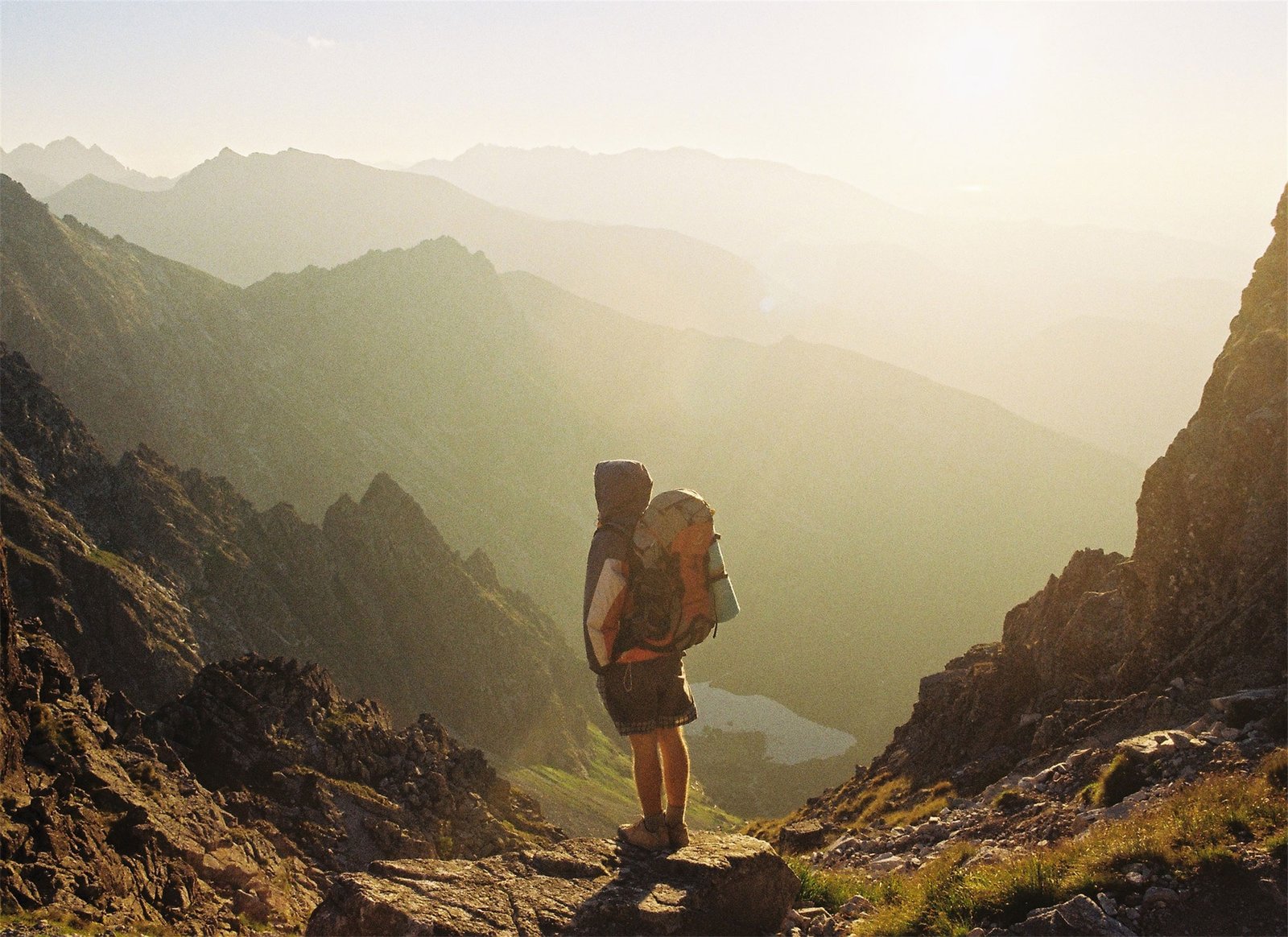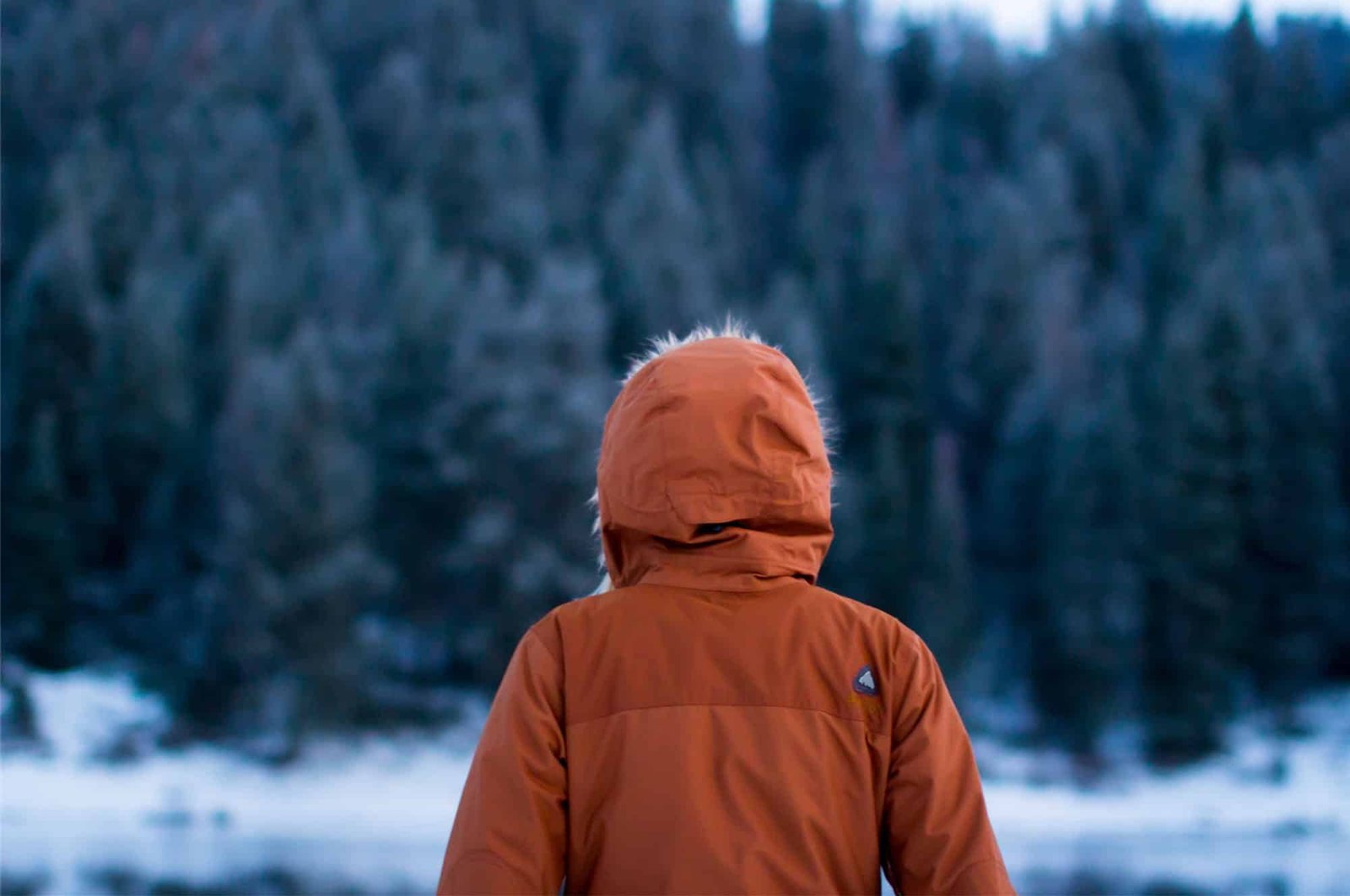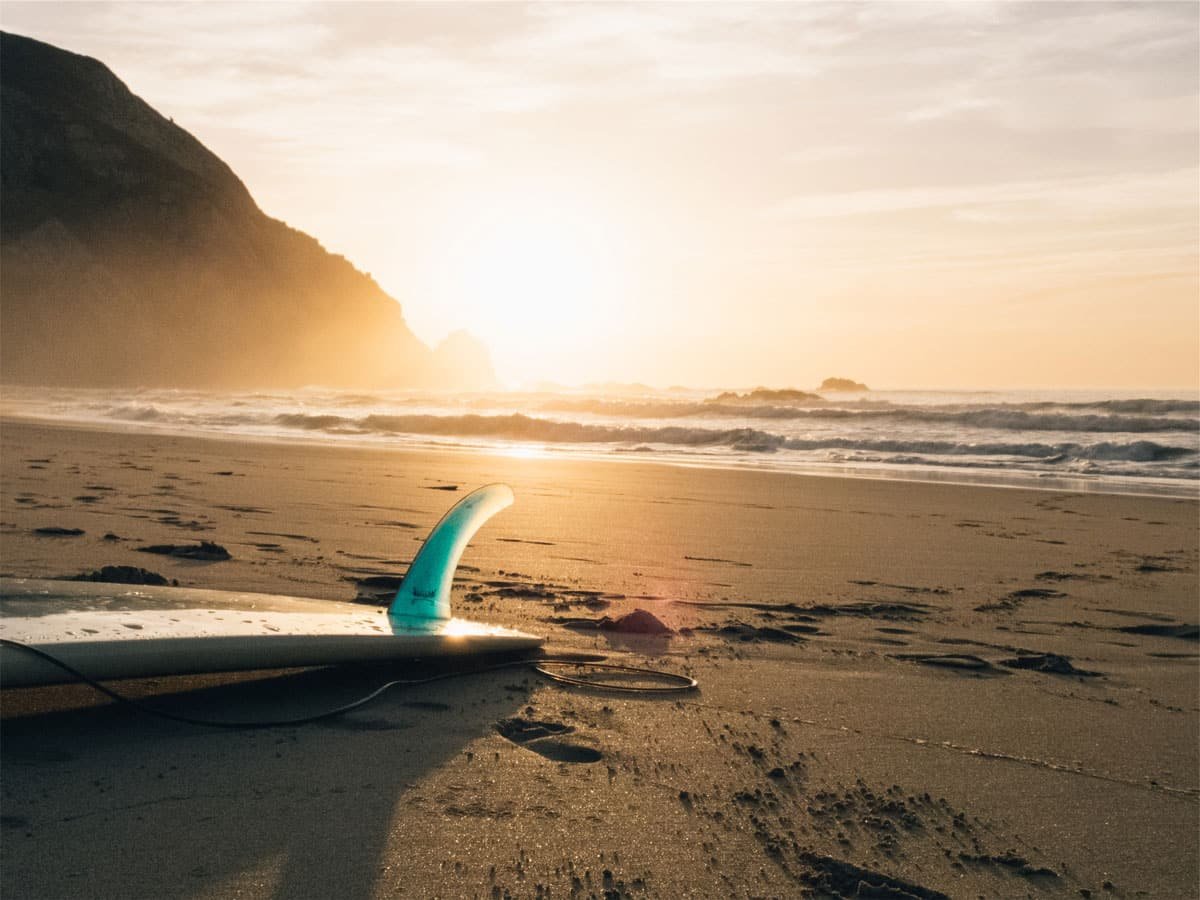As the deer population in Michigan continues to thrive against a backdrop of declining hunter participation, the upcoming ‘Bridge Lunch Break’ event promises to shed light on this important topic.
Set to take place on October 31 at noon via Zoom, this engaging discussion seeks to unravel the complexities surrounding deer hunting trends in the state.
With a panel of experts, including seasoned hunters and professionals in wildlife management, attendees will gain valuable insights into the evolving landscape of deer hunting in Michigan.
This article will provide an overview of the event, the objectives behind it, and the critical issues that will be addressed, making it an essential read for both avid hunters and those interested in wildlife management.
Key Takeaways
- The ‘Bridge Lunch Break’ event on October 31 will explore the trends and challenges of deer hunting in Michigan.
- Panelists include experts and hunters who will discuss strategies to increase participation in deer hunting.
- Attendees can interact by submitting questions and engaging in the conversation during the Zoom session.
Understanding Michigan’s Deer Population Dynamics
### Understanding Michigan’s Deer Population Dynamics
As deer hunting season approaches, Michiganders are increasingly concerned about the dynamics surrounding the state’s deer populations.
The upcoming event titled ‘Bridge Lunch Break,’ scheduled for October 31 at noon via Zoom, aims to shed light on these trends.
Amidst a noted decline in hunting participation, deer populations in Michigan continue to swell — a situation largely attributed to shifting preferences for buck hunting and the impacts of urban sprawl.
This informative session features a panel of experts, including Mounir Awad, an avid Michigan deer hunter; Todd Johnson, a representative from the Michigan National Deer Association State Council; and Chad Stewart, a specialist from the Michigan Department of Natural Resources.
Together, they will explore critical efforts aimed at boosting hunter numbers, discuss recent regulatory changes, and address the various challenges hunters face, such as habitat loss and changing societal attitudes toward hunting.
Attendees are encouraged to engage with the panel by submitting questions in advance, making this event a valuable opportunity for anyone interested in Michigan’s wildlife management issues.
Moderated by seasoned reporters Kelly House and Janelle James, this session is part of a broader series focused on pressing topics affecting the state, including environmental sustainability and wildlife conservation.
Whether you’re a seasoned hunter or a curious observer, join in to gain insights into Michigan’s deer population dynamics and participate in an essential dialogue about the future of hunting in the state.
Strategies to Revitalize Deer Hunting Participation in Michigan
In addition to the interactive discussions planned for the ‘Bridge Lunch Break,’ attendees can expect invaluable insights into innovative strategies that could revitalize deer hunting participation across Michigan.
The state’s hunting community has historically played a significant role in wildlife management and conservation efforts, contributing both economically and ecologically.
However, recent trends indicate a downward shift in active participants, particularly among younger generations.
By addressing factors such as mentorship programs, improving access to hunting land, and enhancing education about hunting ethics and sustainability, panelists aim to craft a comprehensive approach to re-engage the community.
These efforts not only seek to bolster hunter numbers but also aim to foster a renewed appreciation for the traditions and responsibilities that come with hunting, ensuring that Michigan’s rich wildlife heritage is preserved for future generations.










